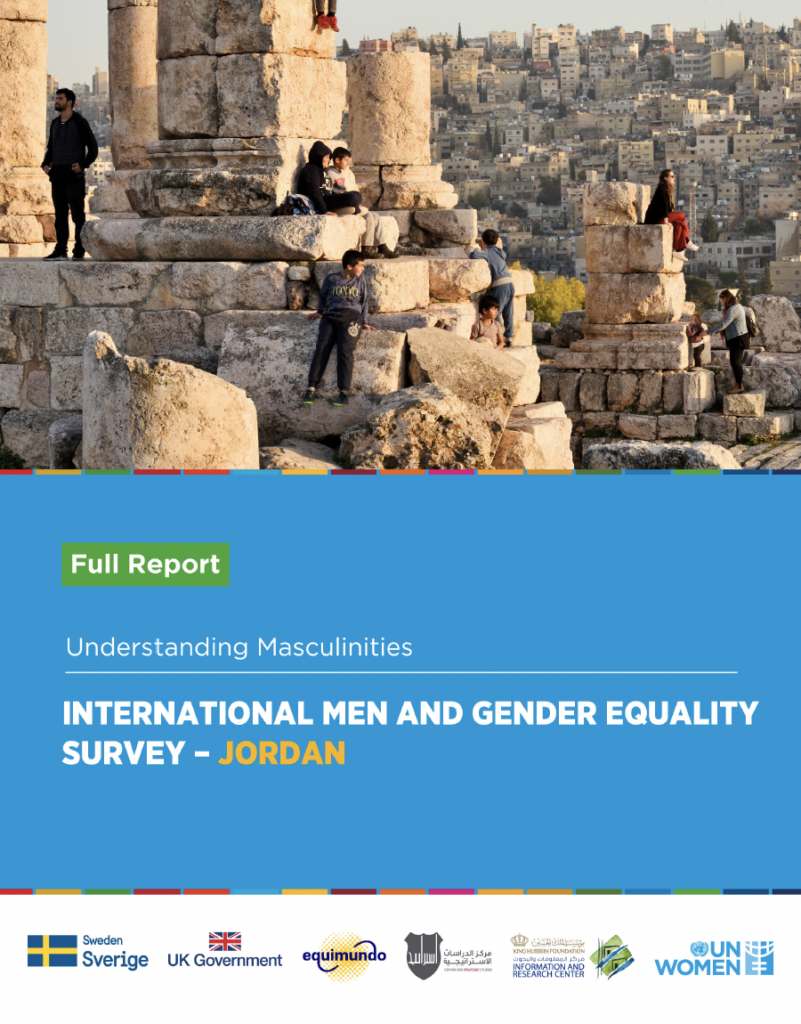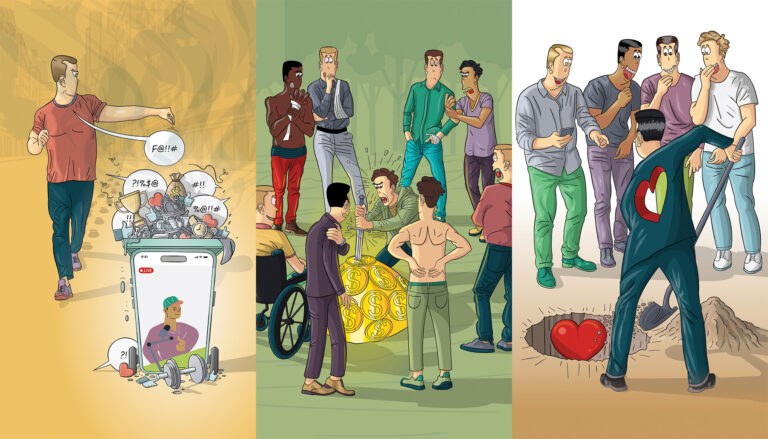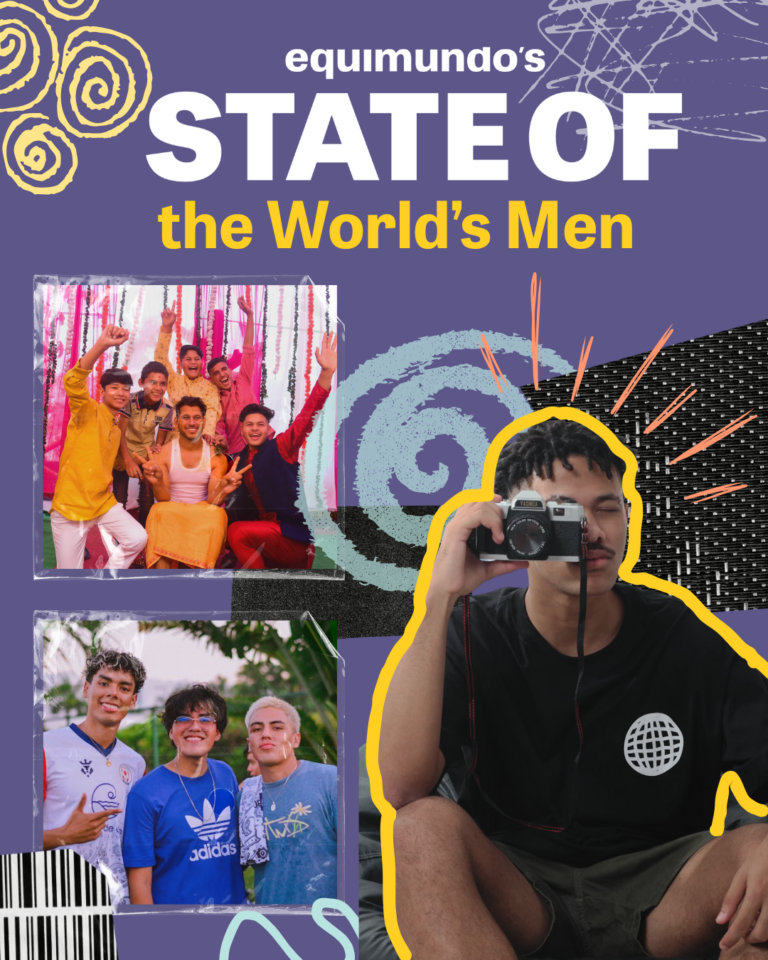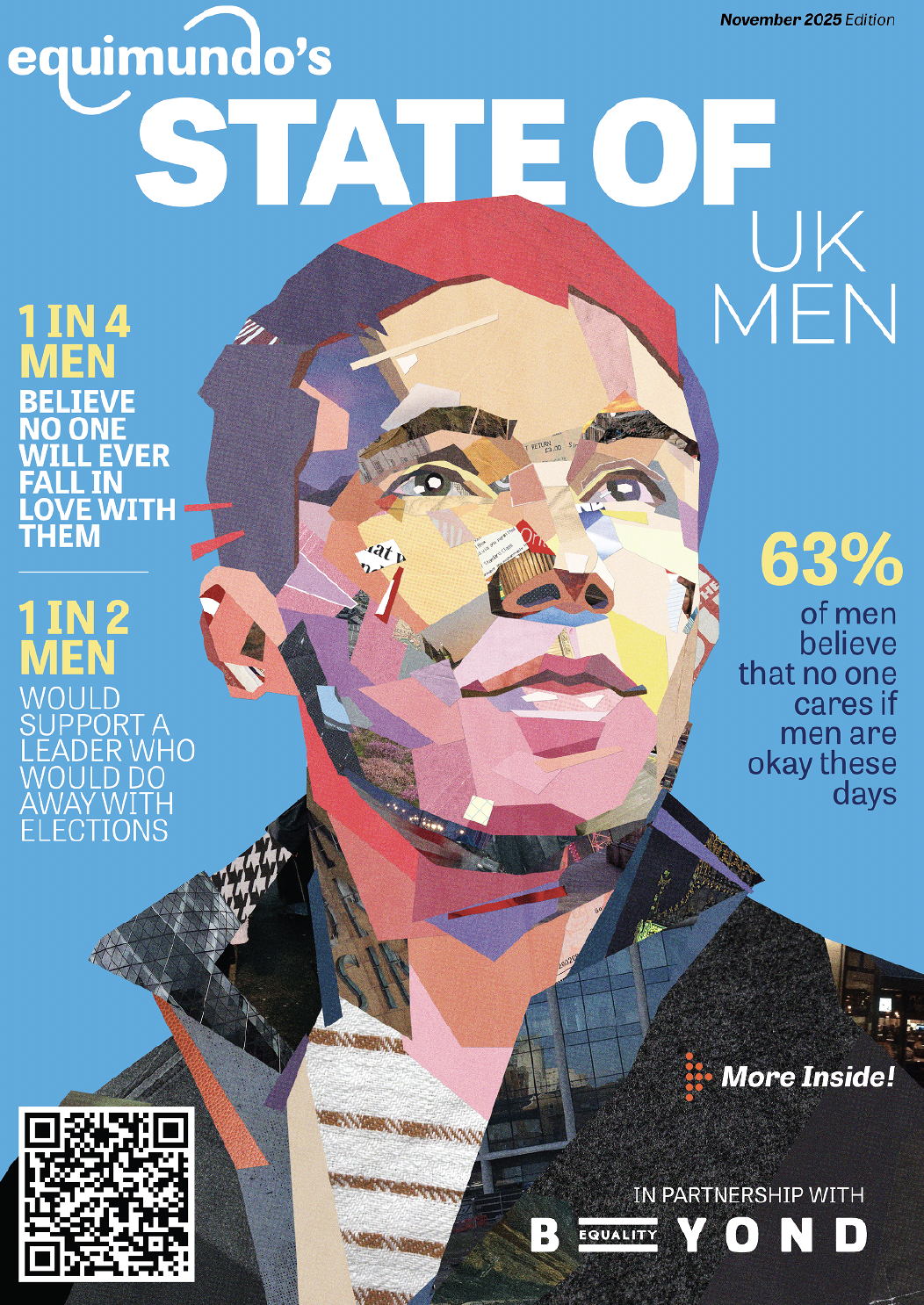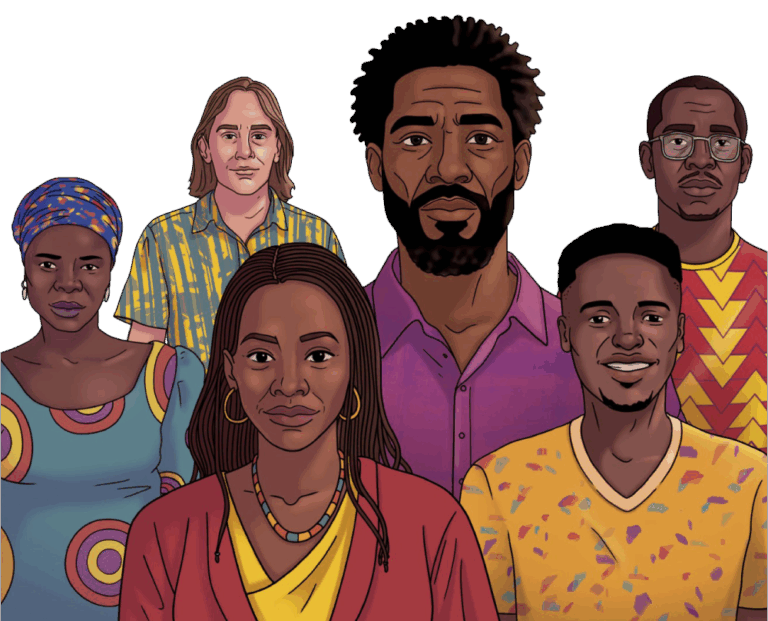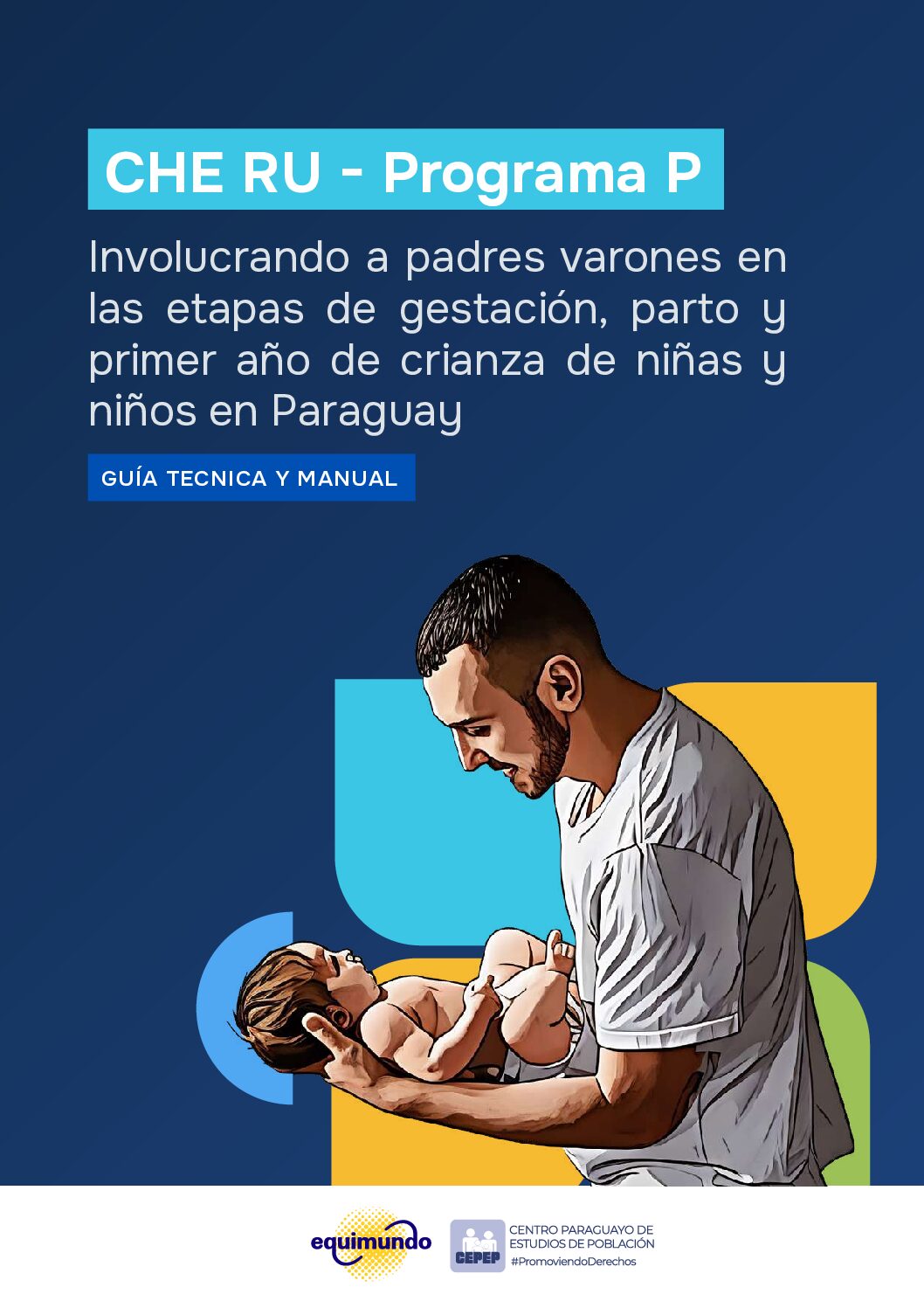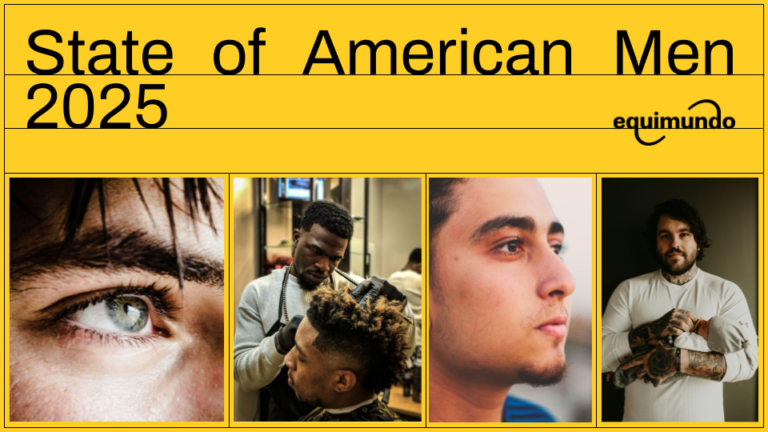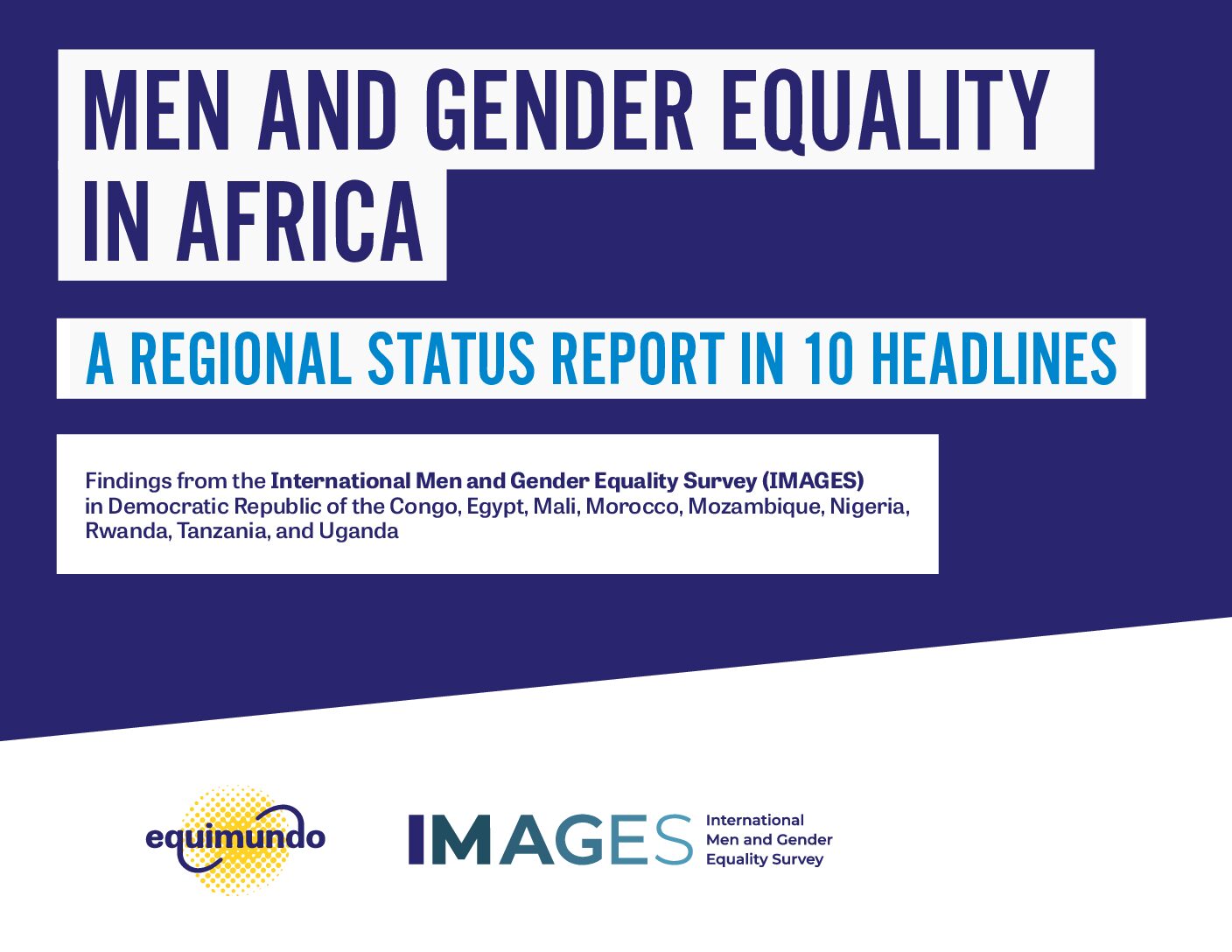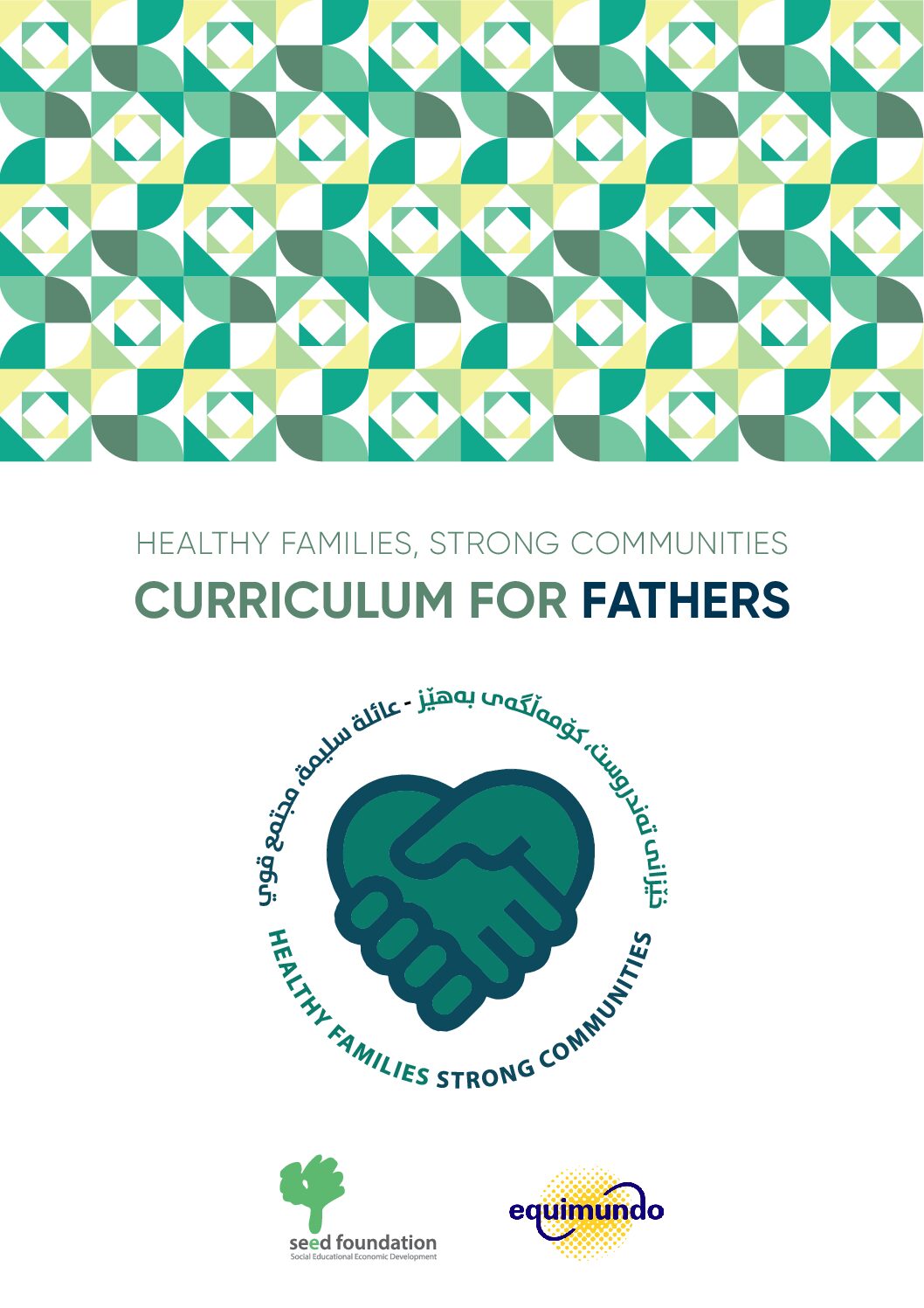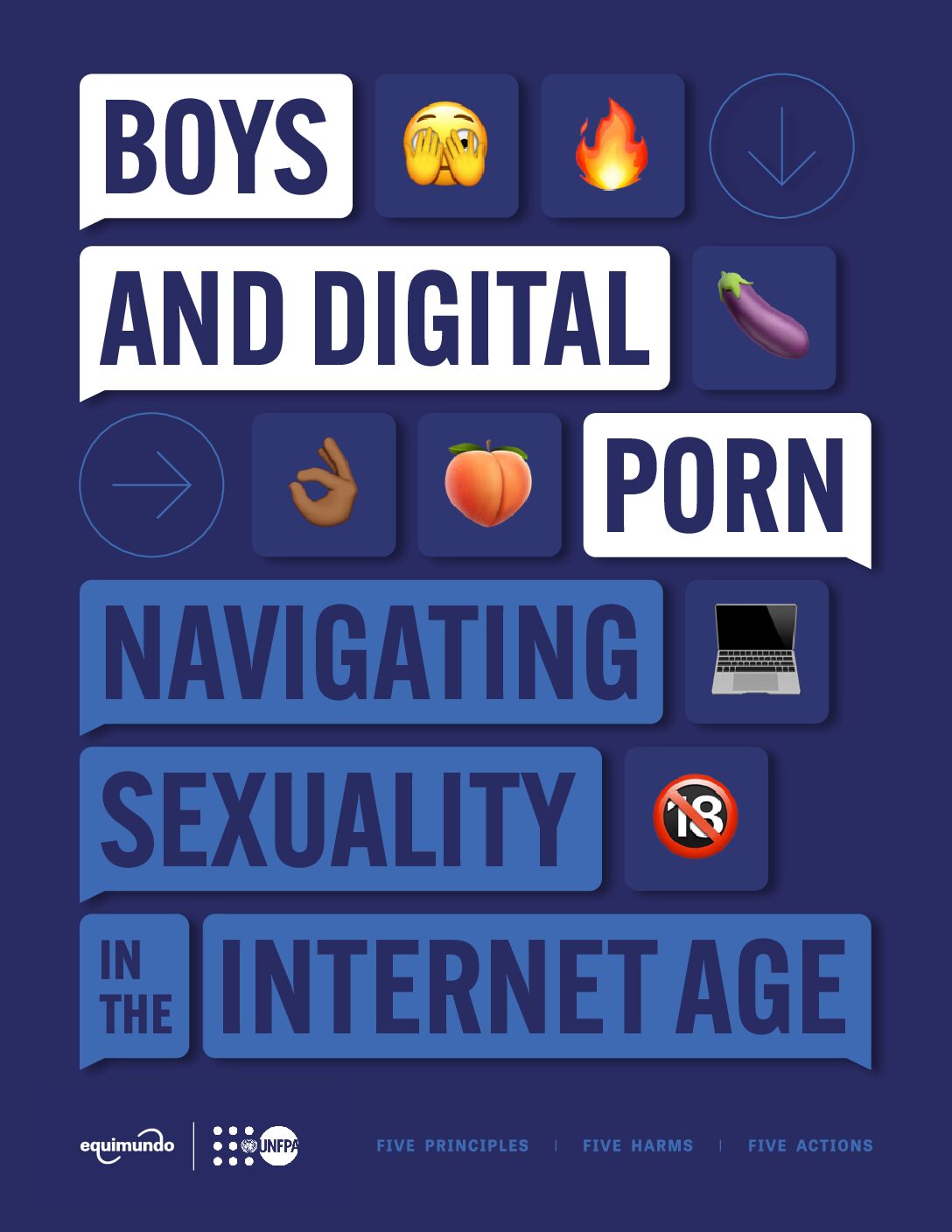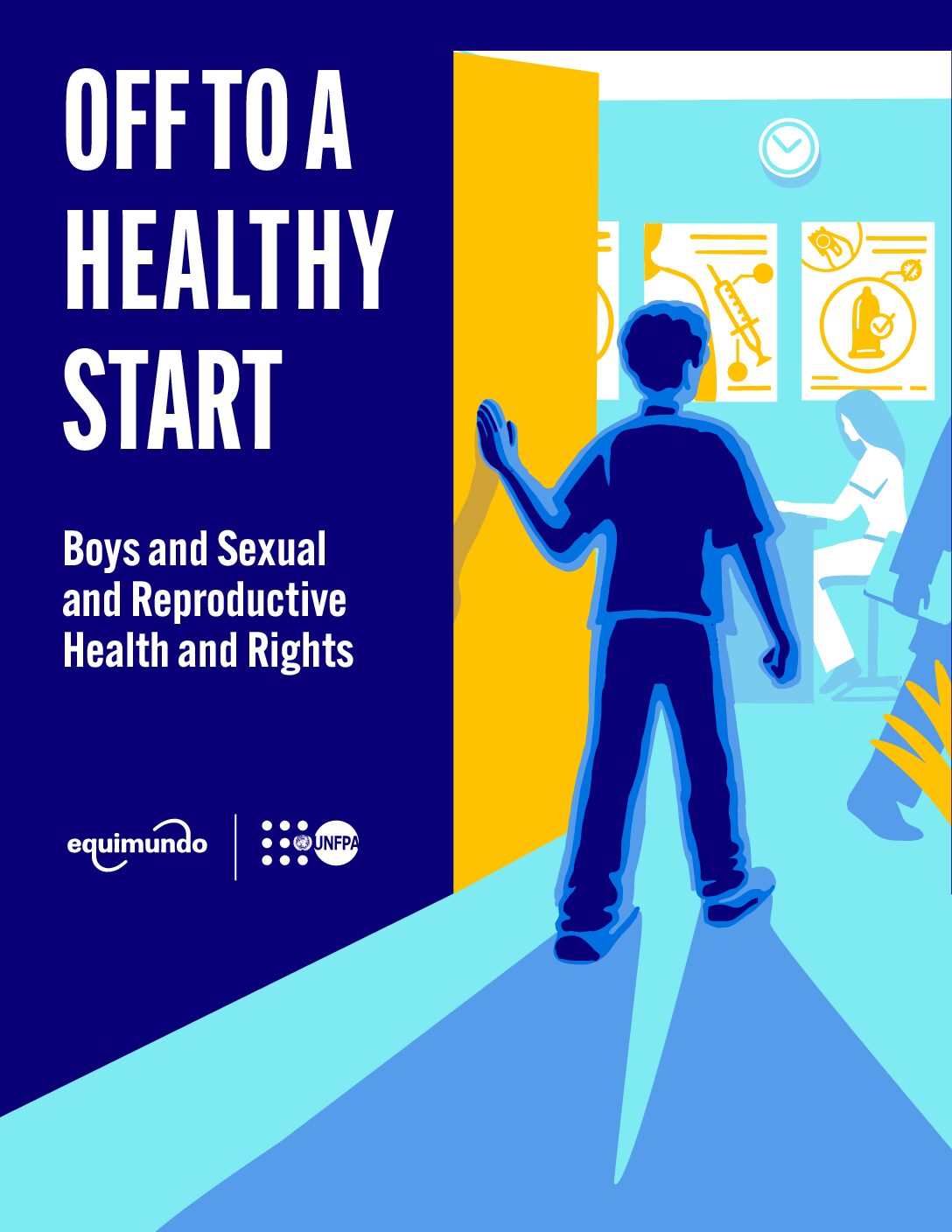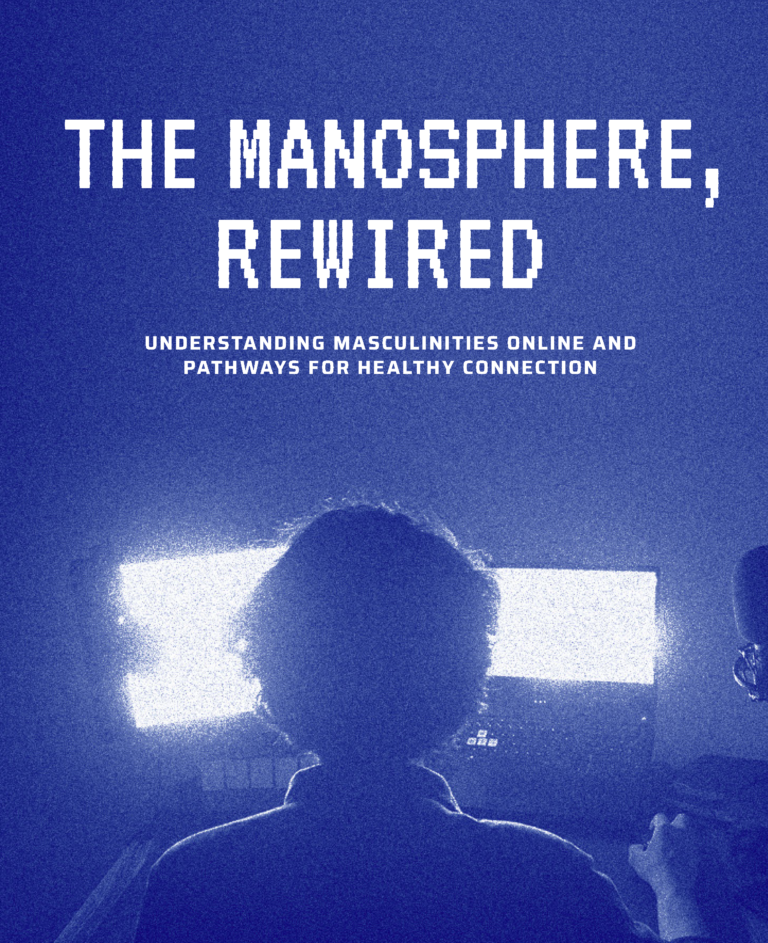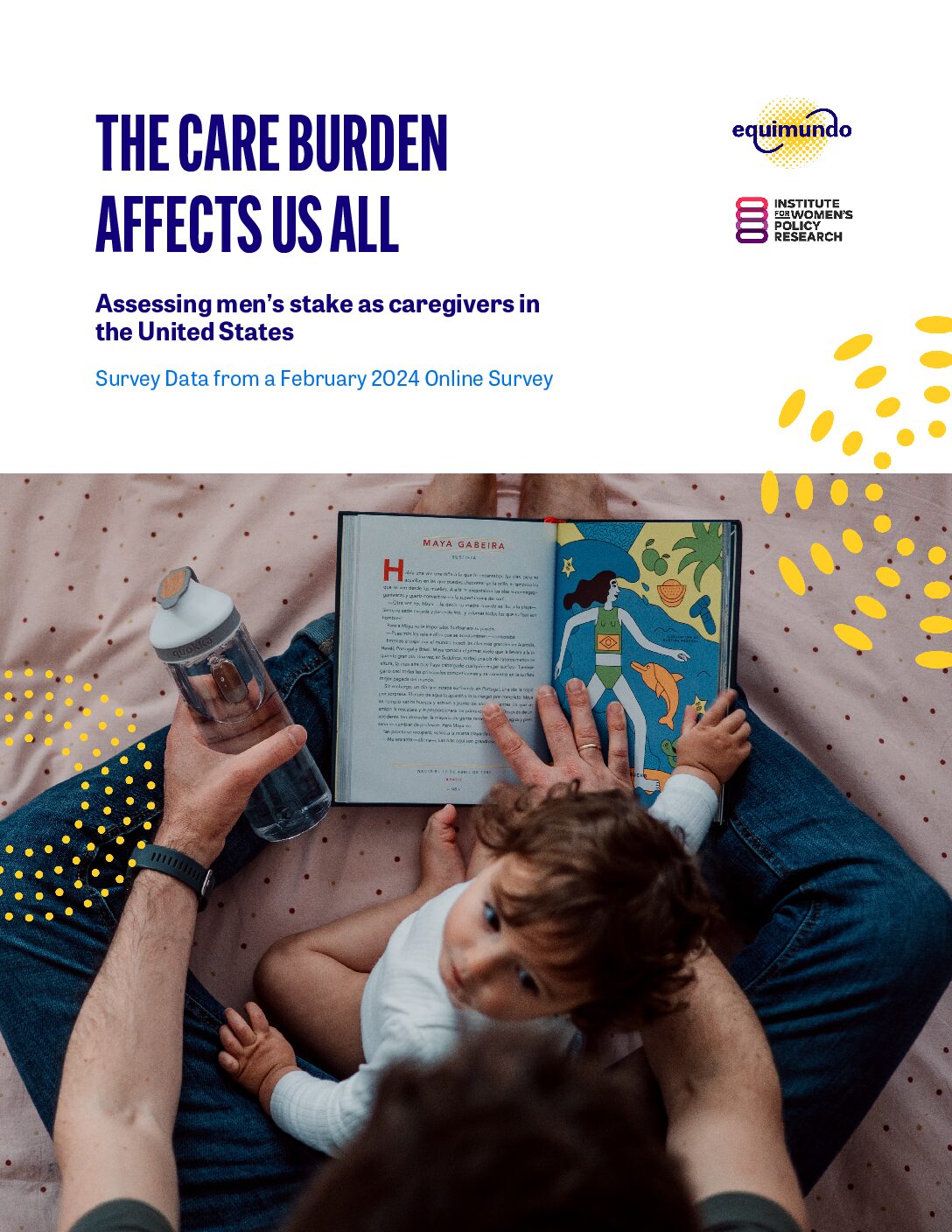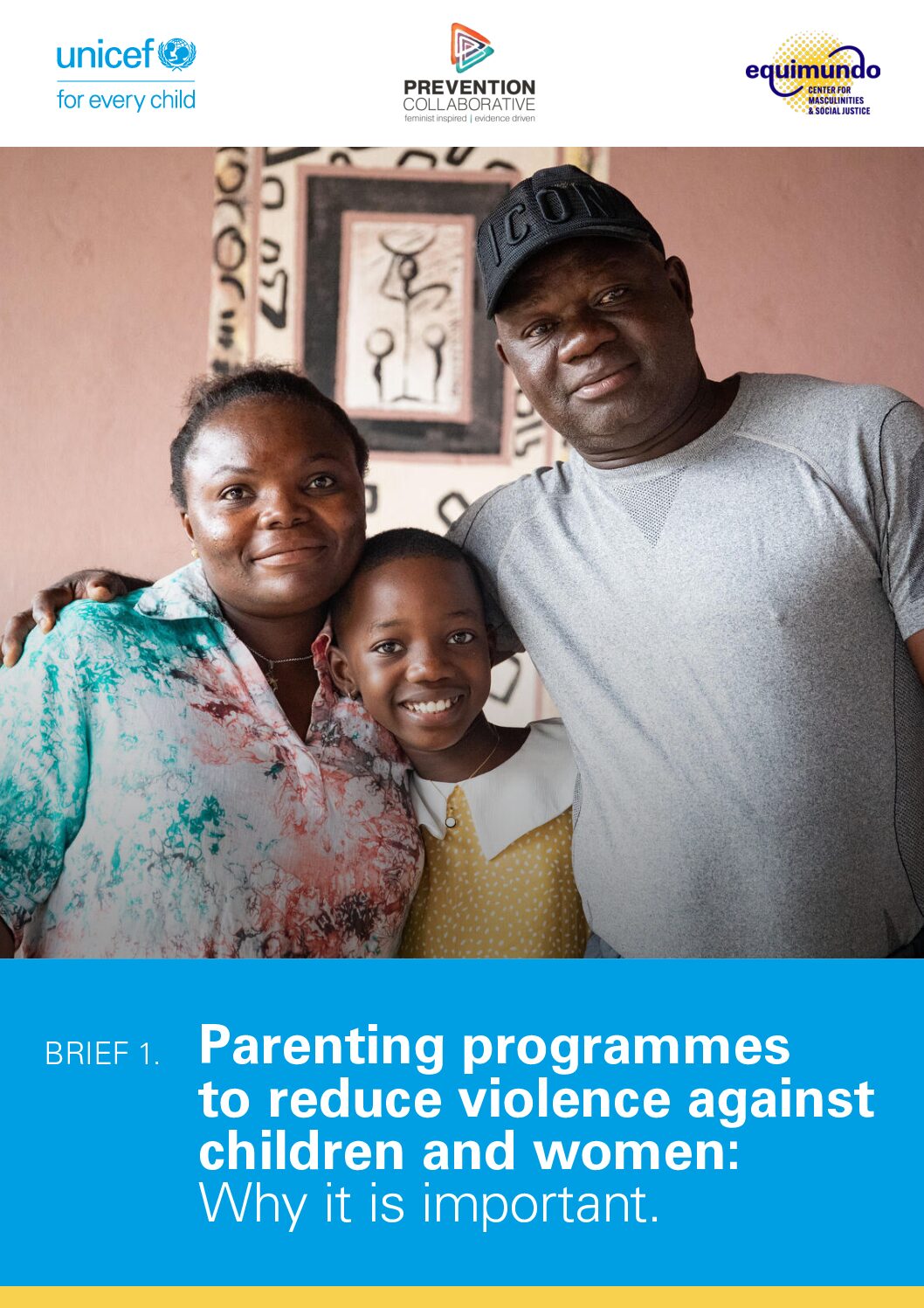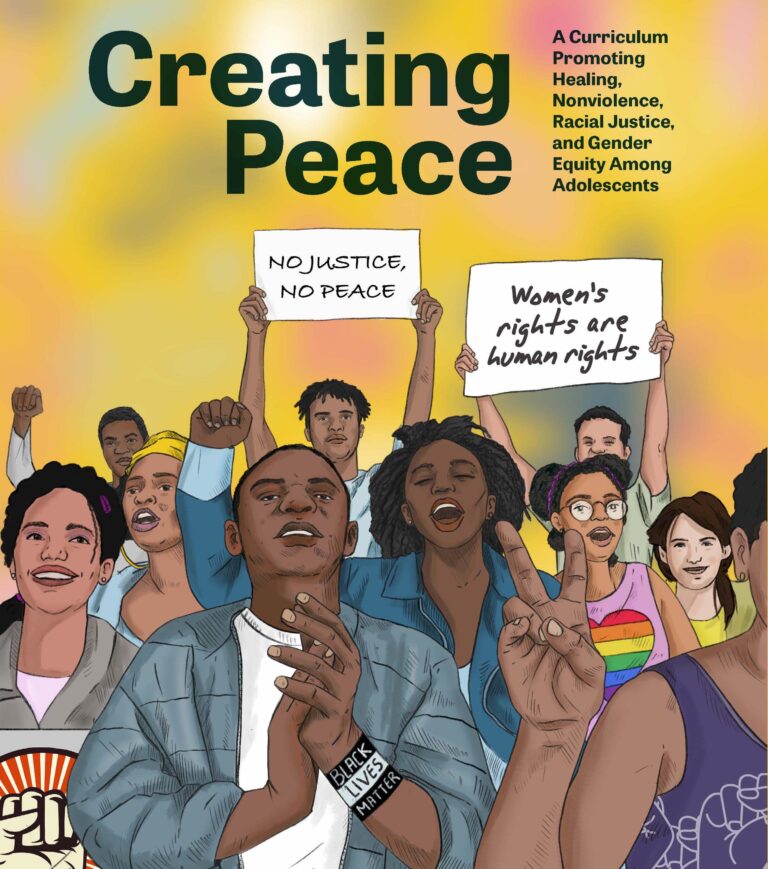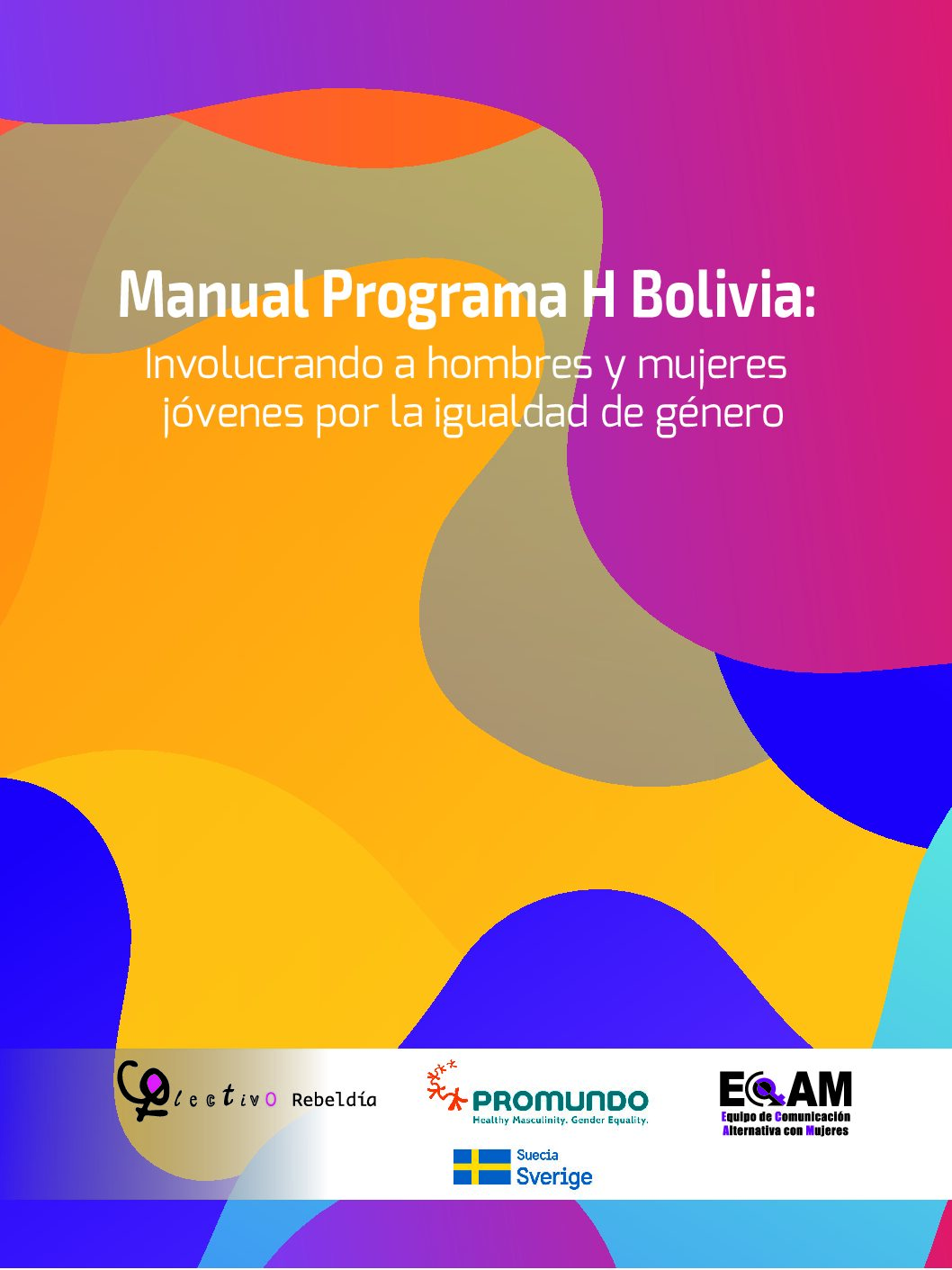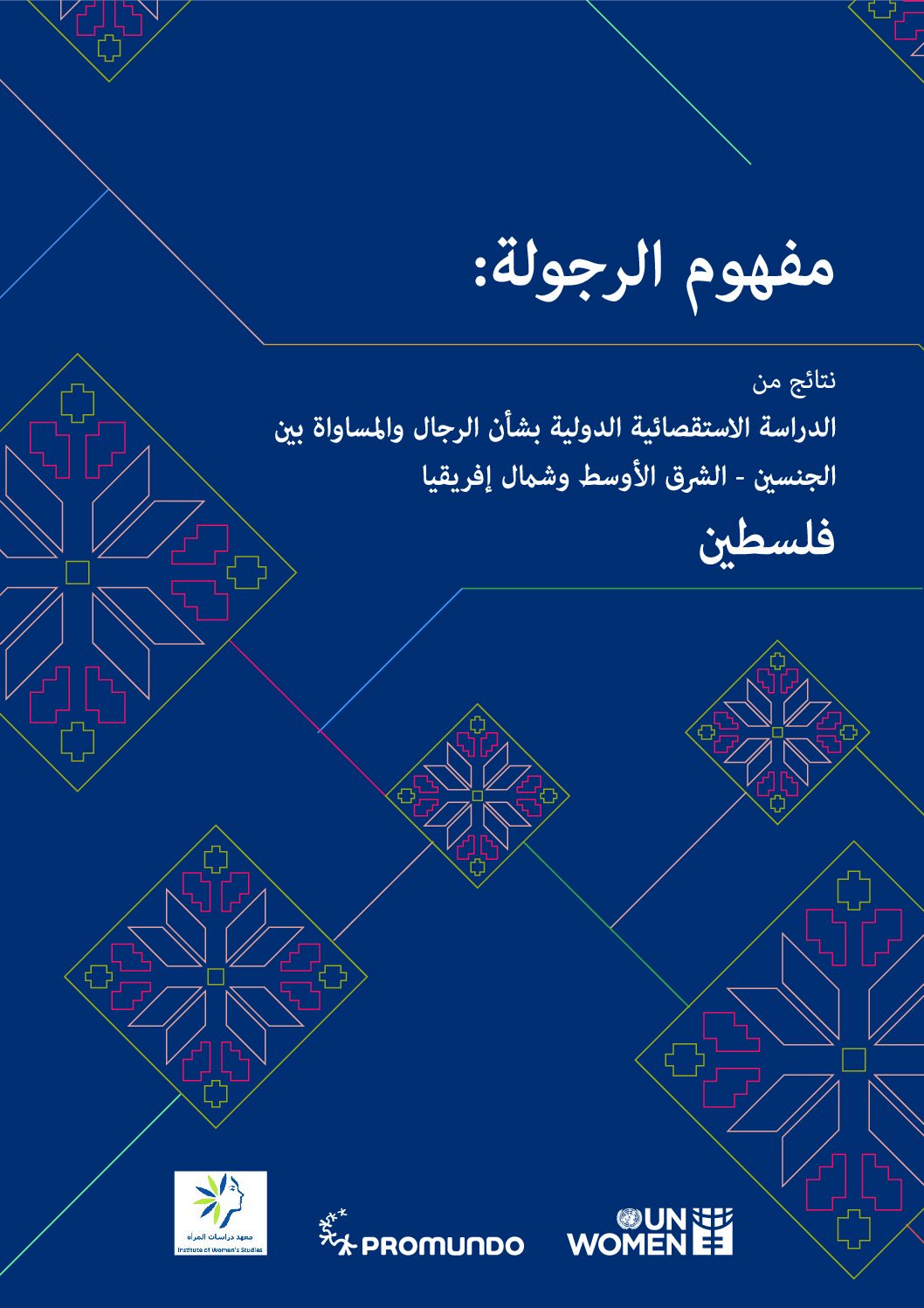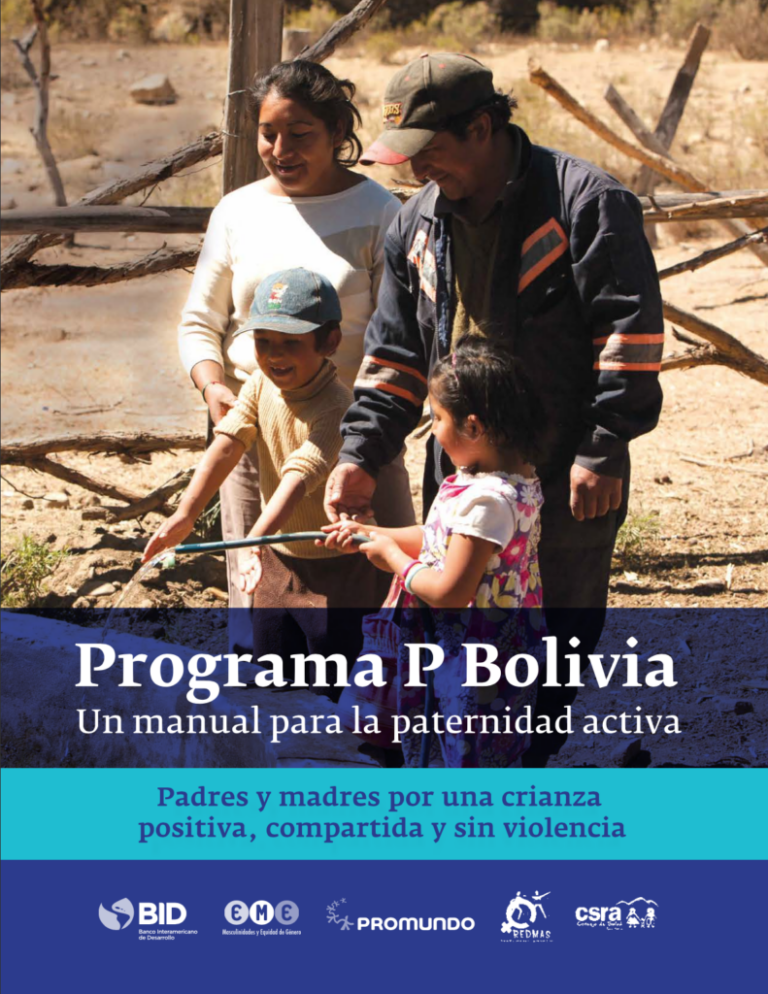As a signatory to several international conventions foundational to women’s rights, the Kingdom of Jordan formally aims to be a country where equal rights are guaranteed to all, regardless of sex. Yet real progress towards this goal has been slow. To be sure, in recent years, Jordan has made legislative steps to guarantee the rights of women. Yet changes at the policy level will never create transformational change on their own. Instead, communities, civil society, academic and faith-based institutions, the private sector, the media, as well as government institutions, laws, policies and strategies must promote gender equality and women’s empowerment at every level in order to bring about a fully gender-equal future in Jordan.
A crucial first step to undertaking these multifaceted changes is to better understand the current gender-related beliefs and practices of Jordanian men and women (as well as the Syrian and Palestinian refugee male and female populations living in Jordan) in a rigorous way. This is the overarching objective of the International Men and Gender Equality Survey (IMAGES) in Jordan, recently completed by the Information and Research Center at King Hussein Foundation (IRCKHF) and the University of Jordan’s Center for Strategic Studies (CSS), with the support of Equimundo (formerly Promundo-US) and UN Women. As the name of the study suggests, the research emerges from the insight that men have an important role to play in the struggle for gender equality in Jordan. Men in all their diversity have the capacity to be powerful allies and accomplices in the pursuit of equality, even as they must also take responsibility for their role in upholding gender-based discrimination and benefiting from a patriarchal world. Yet men have rarely if ever been surveyed at a rigorous, nationally representative level to understand their current attitudes and practices related to gender equality. By undertaking such a survey with men alongside women, including several focus group discussions and in-depth interviews as well, the IMAGES Jordan study seeks to establish a starting point for renewed policy conversations, programming and activism to address harmful masculinities and accelerate the pace of progress towards gender equality in Jordan.
Key Findings
- Stereotypical beliefs persist within Jordanian society, especially related to gender-specific roles, responsibilities and fundamental freedoms.
- At the same time, there is clear agreement between men and women that gender equality has not yet been achieved in Jordan and that more work is needed to promote it.
- Qualitative research shows that gender roles dictate that the male has the sole financial responsibility in a household.
Resources
Arabic
Full Report
PDF PreviewExecutive Summary
PDF PreviewEnglish
Full Report
PDF PreviewExecutive Summary
PDF Preview